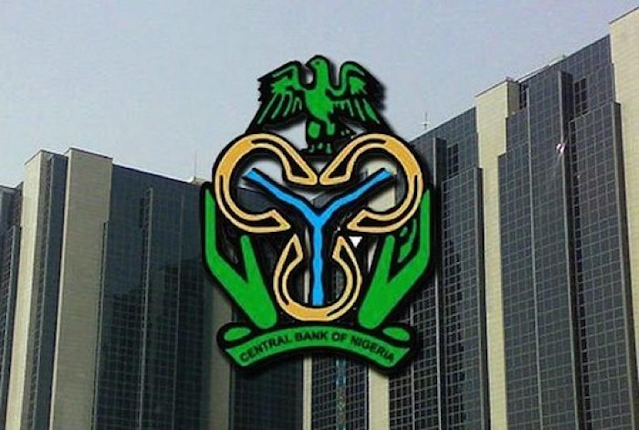Monday, April 7, 2025 - The Central Bank of Nigeria (CBN) deployed approximately $669 million in foreign exchange interventions during the first quarter of 2025 in a bid to defend the naira from further depreciation. According to a report by investment firm AIICO Capital Limited, dollar sales totalling $668.8 million were carried out amid dwindling dollar inflows and rising offshore demand for foreign exchange.
The report highlighted that despite these interventions, the Nigerian
currency continued to face significant pressure, with the naira depreciating by
2.97 percent in March alone, sliding from ₦1,492.49/$ to ₦1,536.82/$. The
exchange rate opened the month at ₦1,510/$, and elevated demand—particularly
from foreign portfolio investors and local corporations—continued to weigh on
the market. The parallel market reflected similar strain, as the naira weakened
by ₦43.50 to close at ₦1,536.00/$.
In an additional measure to stabilise the parallel market, the CBN
directed Bureau de Change operators to purchase $25,000 from authorised dealer
banks at the official exchange rate. Despite these efforts, Nigeria’s external
reserves declined to $38.31 billion by the end of the quarter, reversing from a
three-year peak of $43 billion due to debt service obligations and continued
dollar sales.
The AIICO report also noted that although mid-month liquidity was briefly
supported by CBN’s dollar injections, it was not sufficient to meet the
sustained demand in the Nigerian Foreign Exchange Market. Consequently, the
naira remained under pressure even with the central bank’s continued
interventions and minor gains.
The currency volatility in Nigeria is unfolding against a backdrop of
global economic uncertainty. President Donald Trump’s sweeping tariffs have
rattled international markets, with stocks dropping at the opening on Monday,
adding to investor concerns and putting additional pressure on emerging market
currencies, including the naira.








0 Comments